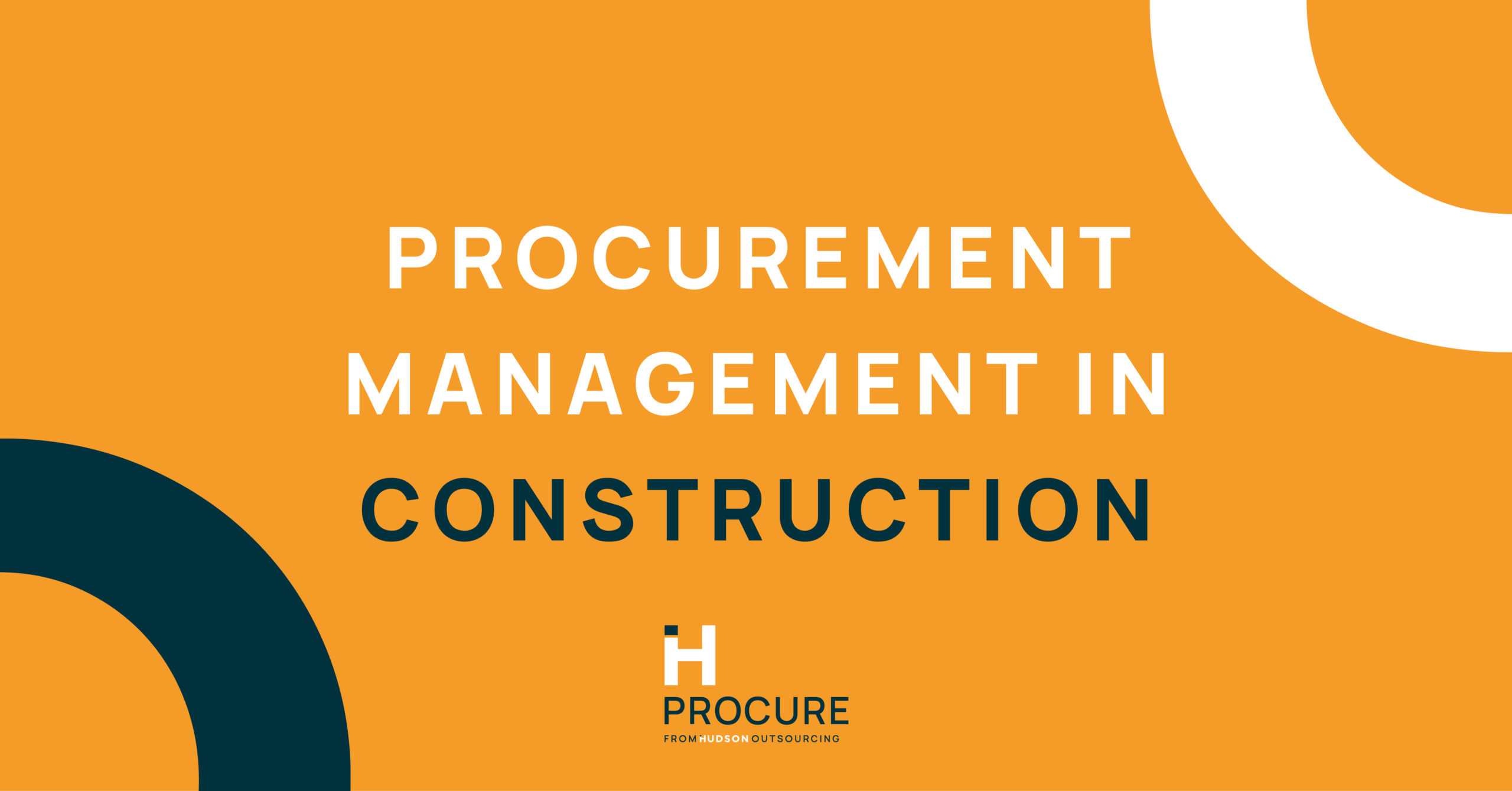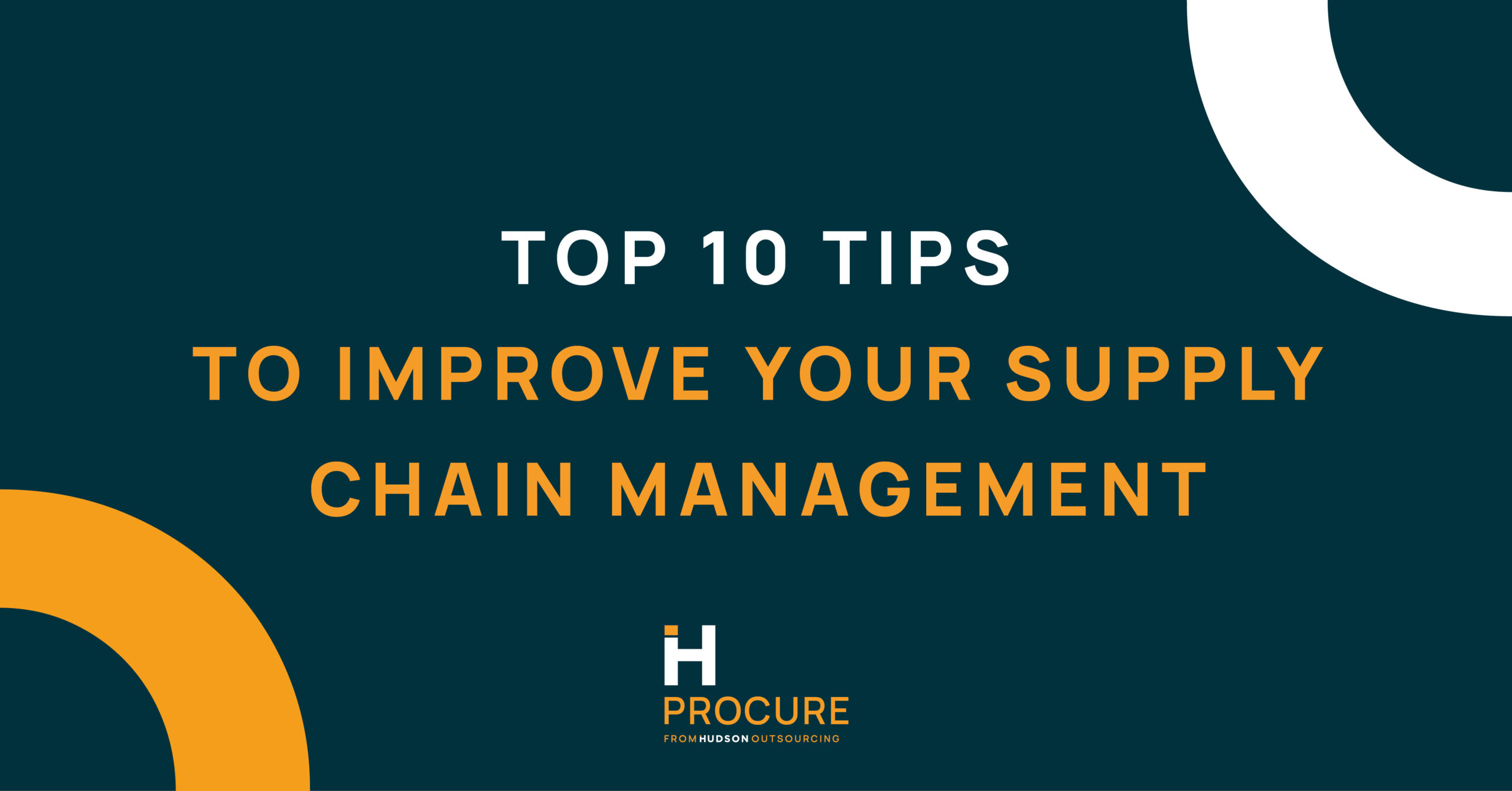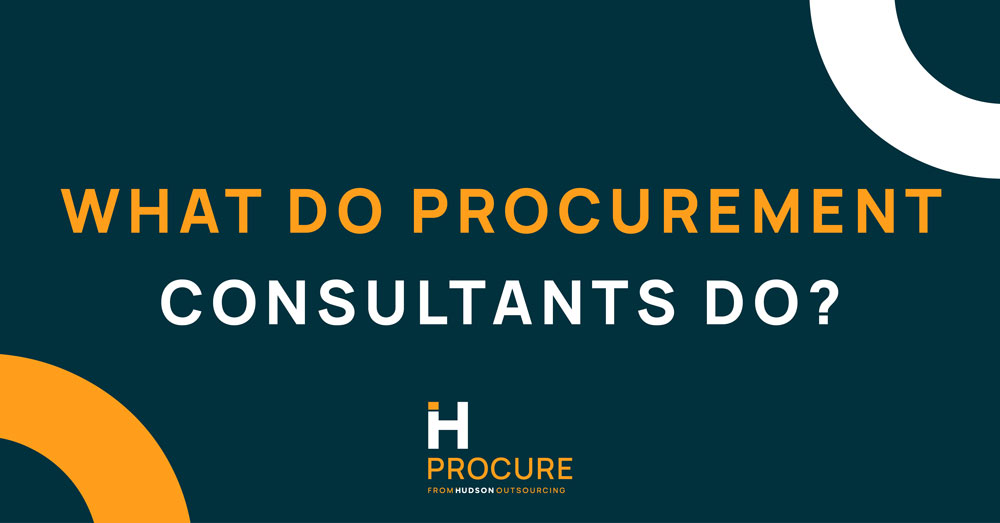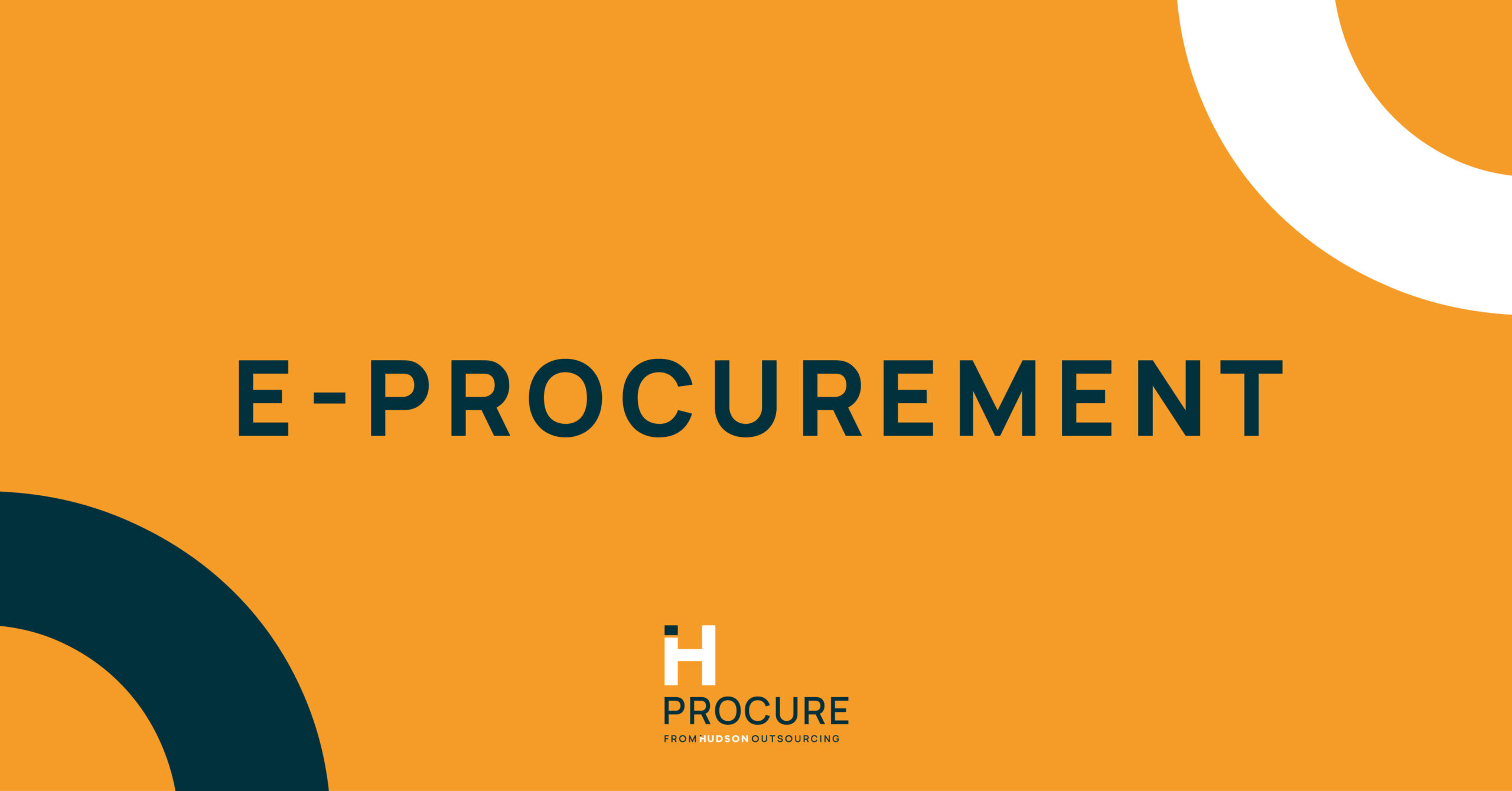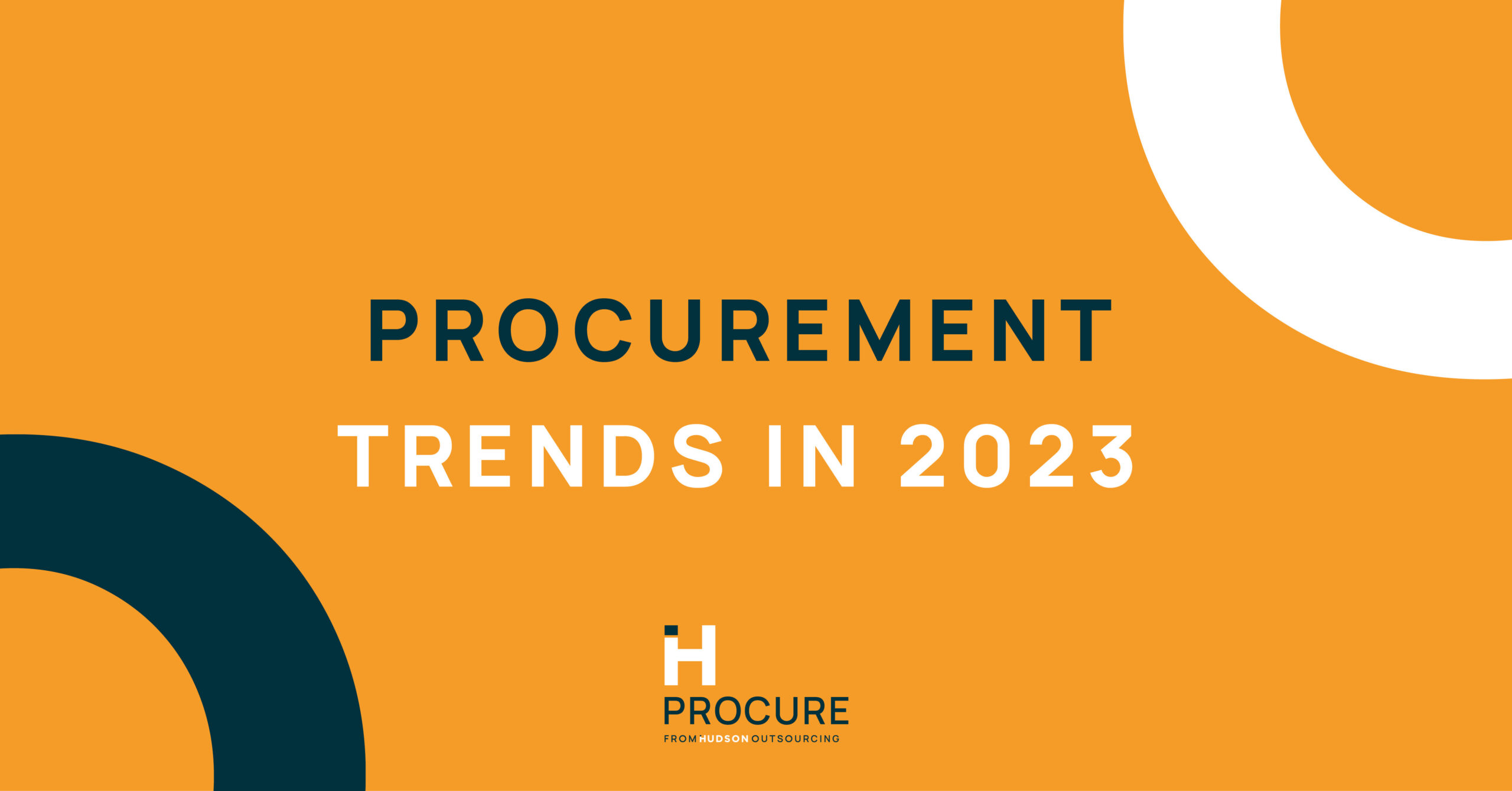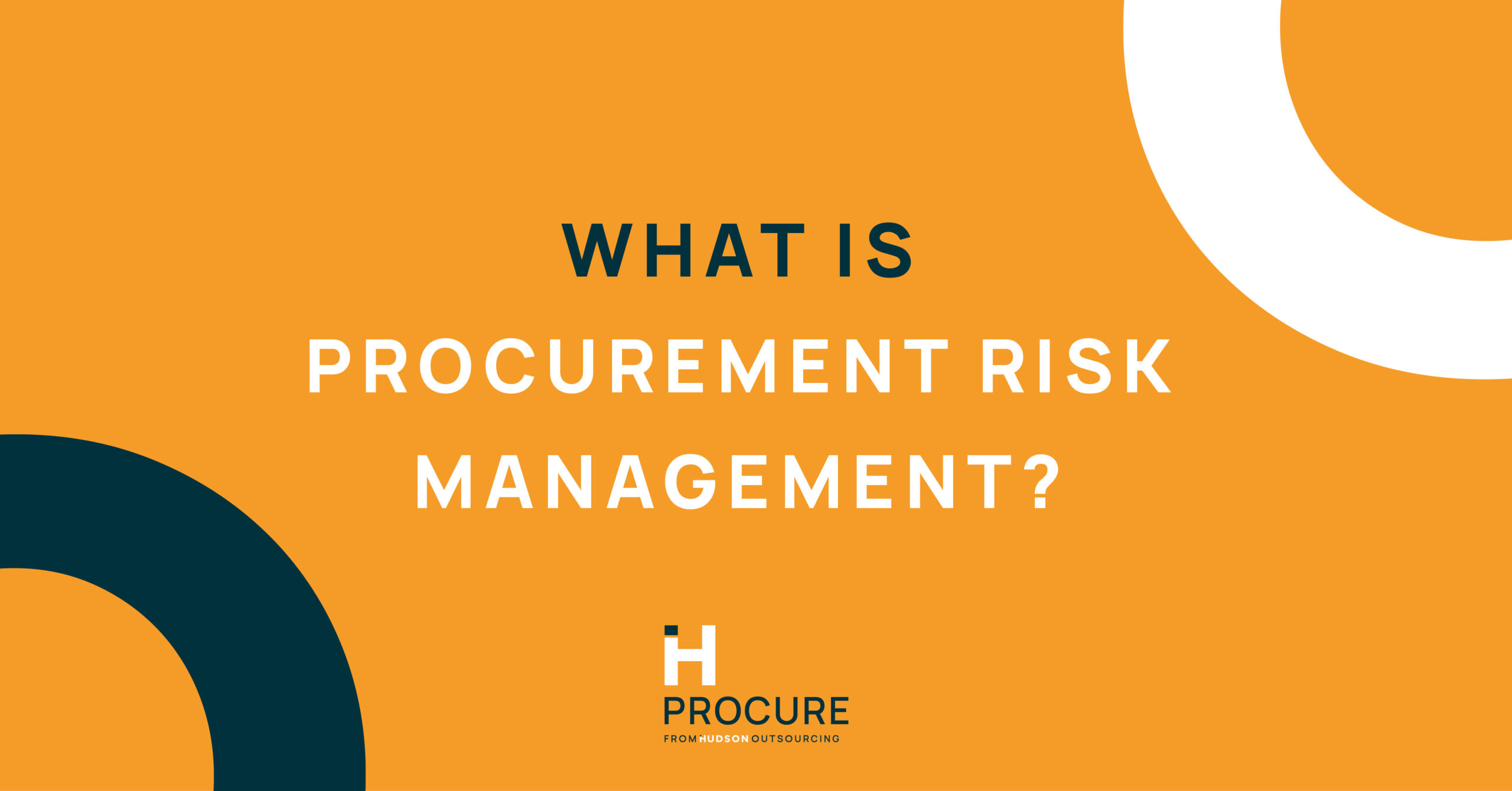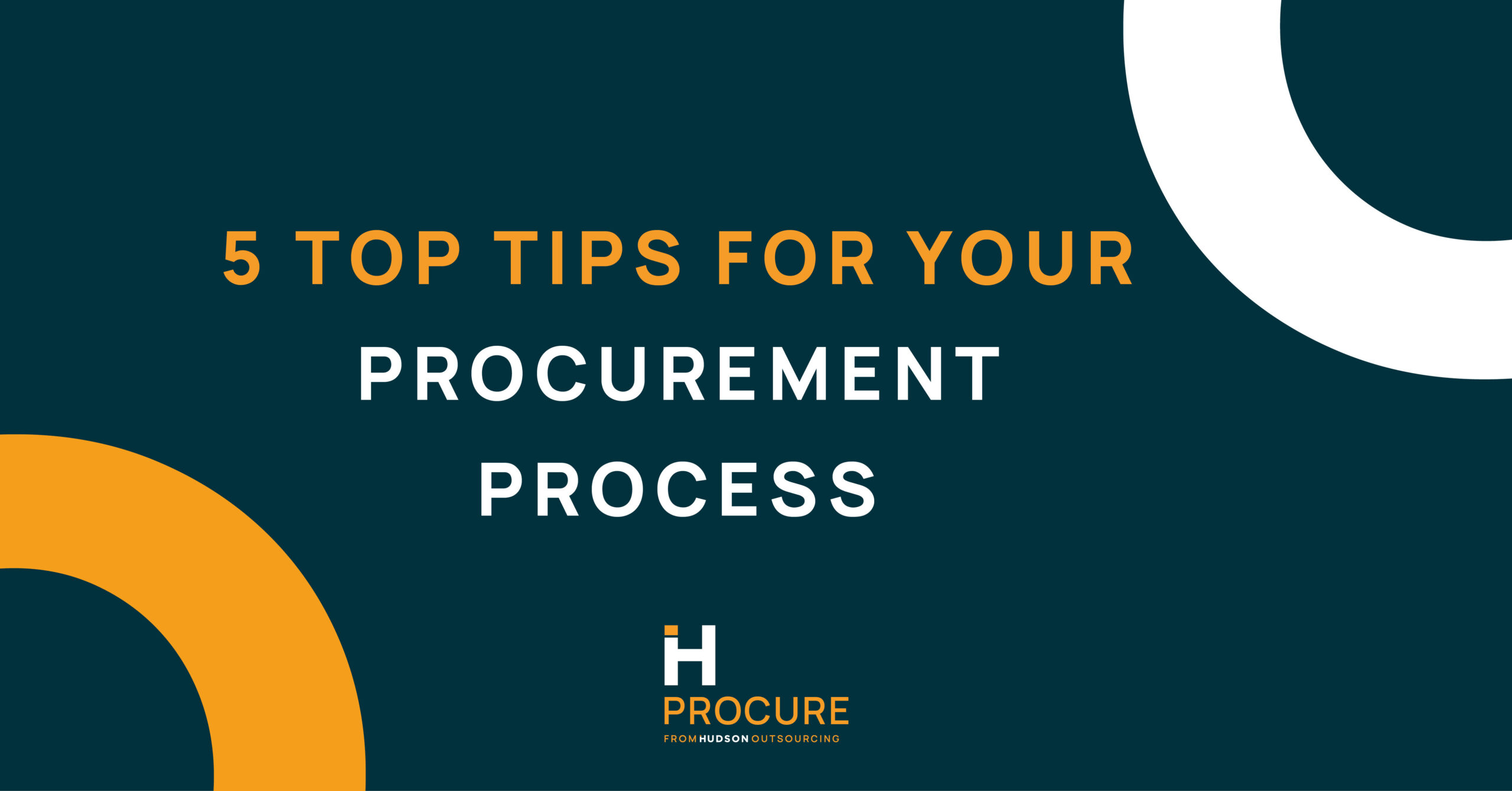Procurement Management in Construction
What is Procurement Management in Construction?
Procurement management is the process of obtaining goods/services for a business. Or, in this instance, the goods/services needed to complete a construction project. Typically, this process will involve suppliers, architects, surveyors, and engineers. All involved parties must be in no doubt about the procurement strategy, as this is key to ensuring ultimate project success. Transparency between all parties increases the efficiency of the project and is the most cost-effective method of working on a construction project. The most effective procurement strategy is a procurement framework, which will be explained later in this blog!
What is a Construction Procurement Manager?
Construction procurement managers oversee the entire project. They are ultimately responsible for its success or failure. When securing goods/services, there are many aspects to consider which will affect the success of the project.
These aspects are:
- Quality of the goods/services
- Project timeline – including the all-important deadline!
- Supplier cost
- Client requirements
- Risk – of the product/service and the risk posed to the project as a whole
It may sound simple, but every product/service is different. Therefore, care must be taken when considering the specific and unique requirements per product/service. There may also be multiple suppliers offering to fulfil different client requirements. If this is the case, the procurement management process can become very confusing.
New models of Construction Procurement
Wondering what types of contracts you may find in construction procurement? Well, look no further!
There are typically four contract styles:
1. Traditional
This is the most common contract style and involves three main parties:
- Client
- Consultants
- Contractor
The client will appoint a contractor and conduct the project according to agreed-upon deadlines and costing. As a result of costing and overall planning, there is a level of certainty that comes with traditional contracts.
2. Design
The chosen contractor will take responsibility for design and construction. The client will, therefore, have one point of contact throughout the project. Thus, streamlining the process and transparency of communication.
3. Management
Multiple contractors may be used for design or construction. As a result of appointing numerous contractors, the process is often much faster. However, there may be a slight breakdown of communications when liaising with both contractors and difficulty planning start dates to ensure the project flows correctly.
4. Contractor
Contractors provide an experienced in-house team suitable for dealing with complex projects. This procurement method removes the main contractor, which means the risk and responsibility lie with the client.
Framework Agreements in Construction
Effective procurement management in construction relies upon a framework agreement. Framework agreements involve the acquirement of goods/services from multiple suppliers, establishing a long-term relationship that skips the tendering process. Some framework agreements allow for the direct award of a contract, though some still use a smaller bidding process.
A framework agreement can evaluate a supplier’s:
- Quality
- Price
- Performance
Ultimately, they improve efficiency, communication, and cost. Framework agreements also benefit a business’s sustainable procurement strategy as they improve local procurement practices through a larger group of suppliers becoming easily accessed.
Which Framework is Right for You?
How do I know which framework is right for my business?
There are two important things to consider:
- A strong Construction Management Plan (CMP) is vital when establishing your objectives, deadlines, and overall aims. A CMP can also improve your efficiency in the long run.
- Set your budget – this works in tandem with a strong CMP, as it keeps you on track towards your overall aims. It also allows you to find contractors who can deliver in terms of the budget and scope of the project you have set.
Procurement Management – 6 Steps to Success!
The procurement management process can be broken down into six key steps.
1. What do you need?
Before starting your project planning, you must first do a rough estimate of all the resources you think you will require and how long it will take from start to finish. While this may not be an accurate plan, it is a vital starting point in the process.
2. Plan
This is where the official planning starts. The construction procurement planning process revolves around two simple factors:
- On-time delivery
- Adhering to budget
Often this is referred to as a Construction Management Plan or CMP. It is an official detailed document containing all the necessary data to successfully execute the plan. This is arguably the most important part of the management process as, without a comprehensive plan, you may unknowingly sacrifice forgotten client requirements and disrupt overall efficiency.
3. Bid and Evaluation
Next is the evaluation of the bids received from vendors (suppliers). The business will accept and review all Request for Proposals (RFPs). The business will also compare RFPs and see which supplier would best suit them.
4. Award
Once you have decided on a favourable vendor, you will award them the contract. If they agree to the contract, you will then draw up individual mini-plans for different vendors detailing what you need from them and when you need them. These mini-plans will feed into the CMP.
Note: You may award contracts to multiple vendors, depending on the variety of different services you require for the job.
5. Monitor
Once the plan is implemented, the procurement manager will oversee the entire operation. They will be continuously checking the quality of the goods/services requested, ensuring full compliance and that all deadlines are met. If deadlines are not met, they are in a better position to chase up delays.
6. End
Now that the project has reached completion, the contract can be closed. All requirements should have been met and the overall project outcome should be a success.
Note: This is a general guide to the plan used in the majority of procurement planning processes. Depending on the number of vendors, the scale of the project and the risks/difficulties encountered, will alter aspects of the plan. Yet, the basic process remains the same and procurement is one of the most crucial aspects of a successful project.
Risks of Procurement Management in Construction
Unfortunately, there are many pitfalls in the procurement for the construction process that can affect your project detrimentally. Most of them revolve around planning, which is why the CMP is so important!
The major risks are:
- Inaccurate/insufficient internal analysis and planning
- Chose the wrong supplier(s)
- Chaotic management and poor communication
- Non-compliance
- Deadline delays
Let’s sum it up!
- Procurement management in construction relies upon several parties to bring about project success.
- The construction procurement manager must oversee and accept responsibility for the success or failure of the project.
- Framework agreements can benefit a business and supplier
- CMPs are important!
- Many risks begin with the plan – execute carefully.
- Four contract models – traditional, design, management and contractor-led contracts all deliver varying levels of responsibility regarding the construction and design.
- If you would like to outsource your procurement needs…see below!
Our services:
Procure Consult
With Procure Consult, we offer support with tender management and ad-hoc procurement consultancy. Our expert team will manage the end-to-end procurement process or offer assistance at any stage, as and when required.
Procure Health Check
With Procure Health Check, we’ll conduct a full review of the strategic and operational procurement processes within your organisation. We’ll identify the areas that need improvement and help you drive greater value from the procurement process.
Procure Analyse
The purpose of Procure Analyse is to conduct a high-level analysis of your spending activity. We’ll help you understand your current purchasing behaviour and highlight areas that can deliver greater value. Procure Analyse is also offered as part of Procure Health Check or as a standalone service.
Procure Outsourcing
With Procure Outsourcing, we deliver a range of procurement solutions on an outsourced basis, completely bespoke to you. This can range from delivering multiple tender projects as a package to delivering the full procurement function of your organisation.
Procure Post
Are you trying to find a supplier for your project? Post your tendering opportunity onto any of our 11 sector-specific portals for FREE with Procure Post!
Housed by our sister company, Hudson Discover, our portals host thousands of tendering opportunities for organisations of all sizes. For an additional cost, we’ll even help you identify your requirements and find the most suitable suppliers for your business.
Get in touch for a consultation and find out how we can help your business drive better value from procurement.

